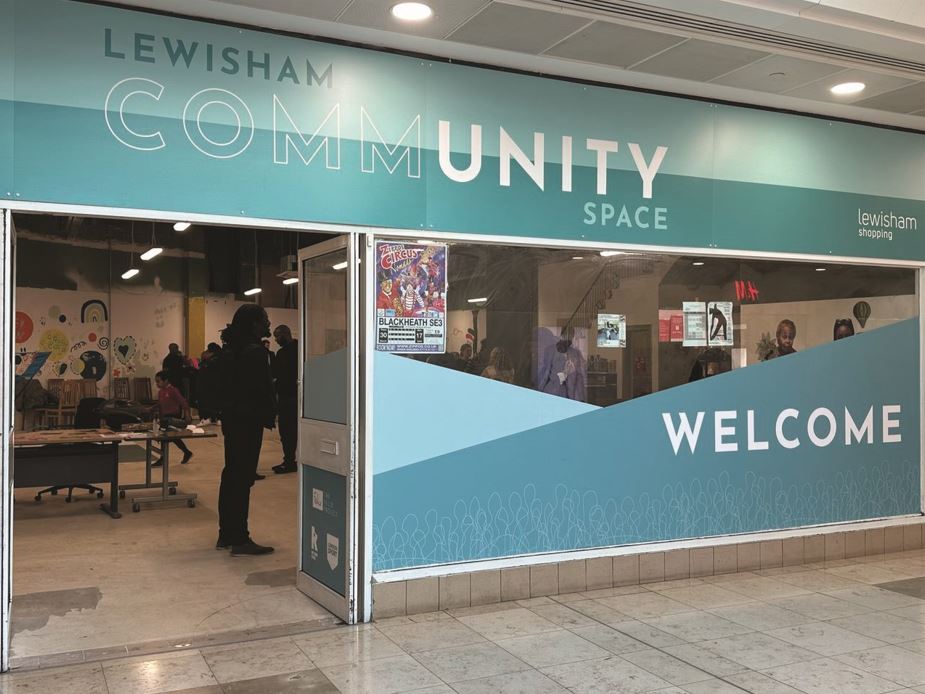
London Sport has worked with Lewisham Council and other partners to transform a vacant shopping unit into a wellbeing hub offering free activities for local residents.
As a charity focussed on helping Londoners live longer, healthier and happier lives through being active, London Sport’s work concentrates on the areas of the capital where inactivity levels and inequalities around access to physical activity are highest. The charity’s insight identified Lewisham as one such area. In a pilot project designed to understand how spaces can be utilised to benefit the community and improve access to sport and physical activity, London Sport and its partners have created a free health and wellbeing space for local people at Lewisham Shopping Centre. “A key pillar of Lewisham Council’s emerging physical activity strategy was a focus on opening up new, less traditional environments for people to be active within, especially those who are less active,” says Chris Donkin, strategic lead for active environments at London Sport. A number of options were considered, including libraries and community buildings, but the shopping centre was an obvious opportunity due to its central location and its accessibility thanks to good connections to public transport. The centre already enjoys high footfall, it is safe so people are already comfortable visiting it and the site had a high number of empty units to support the delivery of a physical activity offer. London Sport met with representatives from Landsec, the centre owners, and quickly identified synergy in their targeted outcomes. After months of consulting with community groups, engaging partners and securing the funding to run activities in the unit, the facility is now open to local residents.
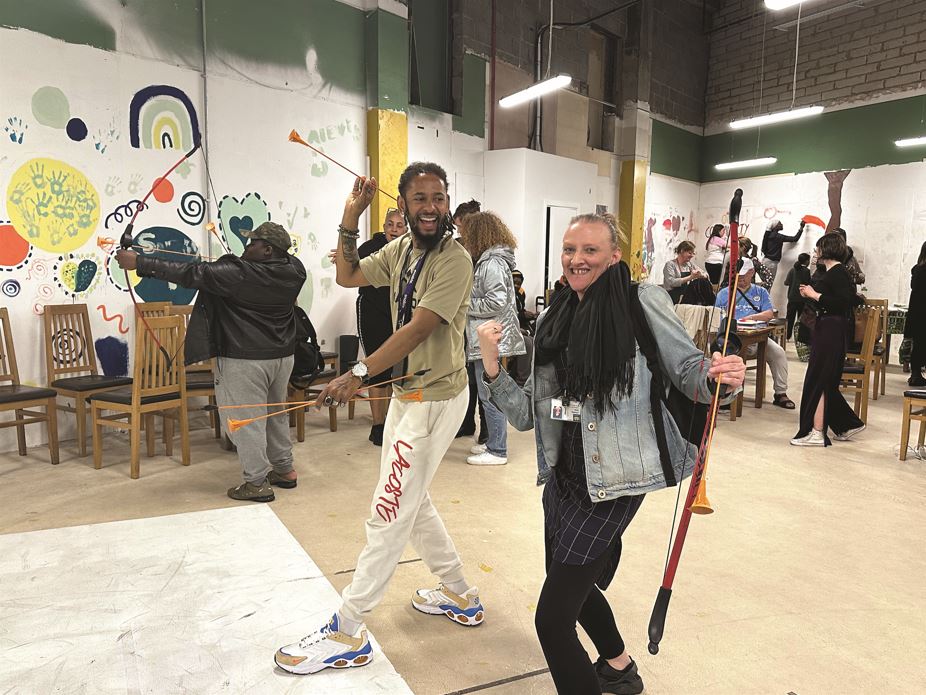
positive partnerships
Known as the CommUNITY Space, the venue runs Tuesday to Saturday between 10am and 8pm (2pm on Saturdays) and can accommodate 60-100 people depending on the activities. Each of the partners has invested in the unit. London Sport provided £30,000 for the project via funding from Sport England’s Together Fund to cover the delivery of the activity sessions and some of the equipment. Landsec have provided the space free of charge and covered the utility costs for the initial pilot period. It has also provided a large amount of equipment needed for the food element of the project (ie cookers, tables crockery etc) as well as supporting marketing materials inside and outside the unit. Not-for-profit activity provider Enable delivers the activities and is responsible for connecting community organisations to the unit and promoting the sessions to local stakeholders. The unit is staffed full time by Enable and local volunteers, and all sessions are free to the local community. People can pop in to use any of the free-standing equipment like table tennis, hula-hoops and indoor archery, and can turn up or pre-book other organised sessions. Activities include table tennis, indoor archery, dance classes, boxercise, self-defence classes, yoga, seated dance, other seated exercises as well as a range of women-only sessions such as strength & conditioning and hula-hooping. Finally, ReThink Food and the Felix Project offer free food and refreshments to local residents visiting the space.
space for girls
The project is part of London Sport’s larger Space for Girls project which aims to tackle the high levels of inactivity amongst women and girls in London. A recent report from London Sport highlighted that only 41 per cent of girls in London are doing enough physical activity for their mental and physical health, eight per cent lower than their male counterparts. “It’s vital that we give more girls the opportunity to reap the benefits of an active life. We know that inactive girls are more likely to grow up to be inactive women too,” says Donkin. Safety is also a key issue for many girls in London and a barrier to being active. Research from Girl Guides found that 80 per cent of girls aged between 11-21 feel unsafe when outside. “The Space for Girls project looks to build positive active experiences for young women and ensure that they can take part in engaging sessions in a safe environment. By finding innovative solutions to turn non-traditional spaces into active and safe environments, we can help more girls build an active habit for life.” London Sport’s Space for Girls project is running across a number of London boroughs using local assets to deliver smaller scale initiatives to encourage teenage girls to be active. The next phase of the programme will see areas of Decathlon’s flagship store in Surrey Quays used to deliver a co-designed programme of physical activity for teenage girls. Initially running for six months, it is hoped the scheme will become permanent thereafter.
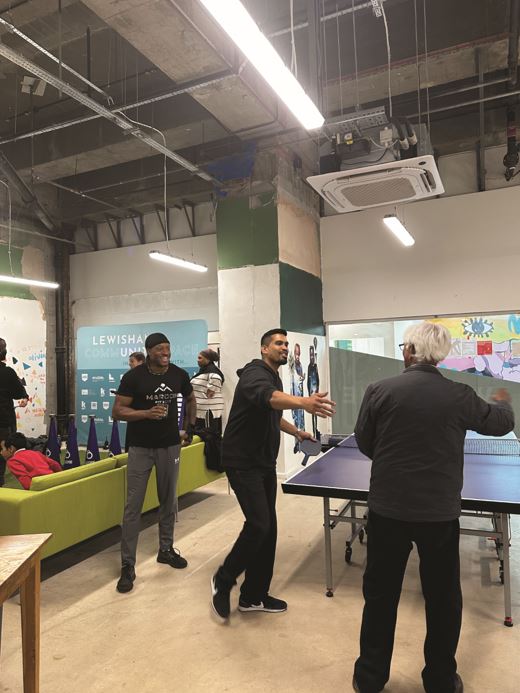
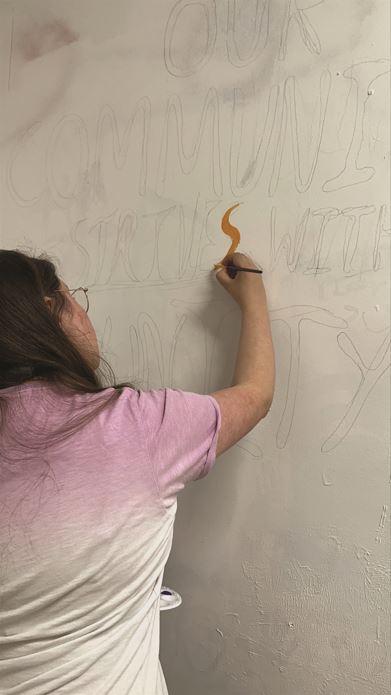
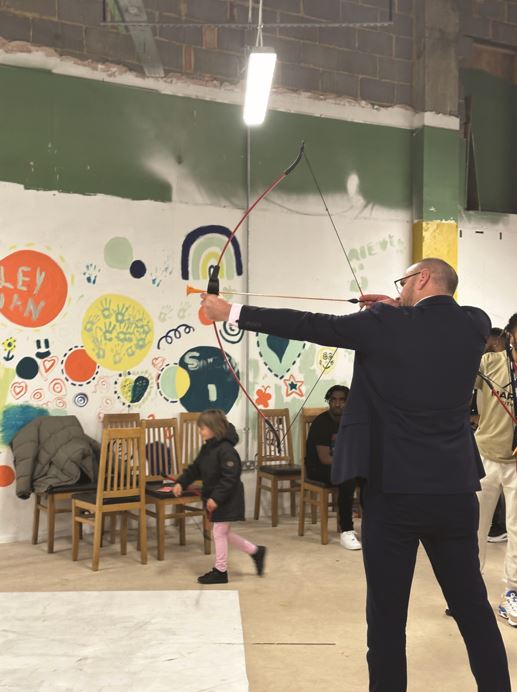
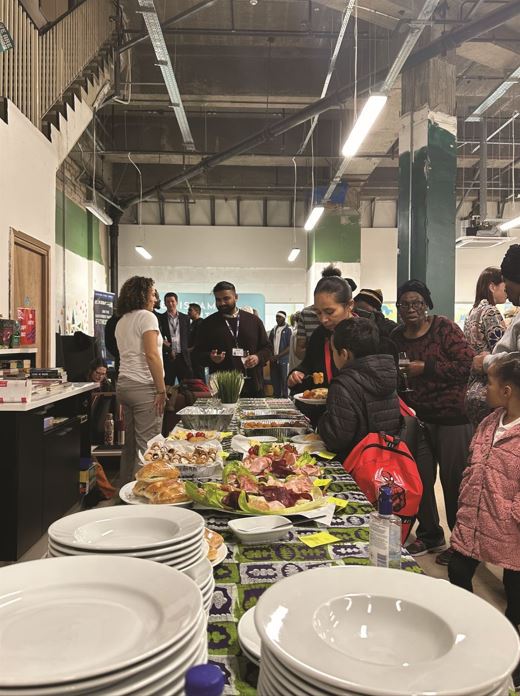
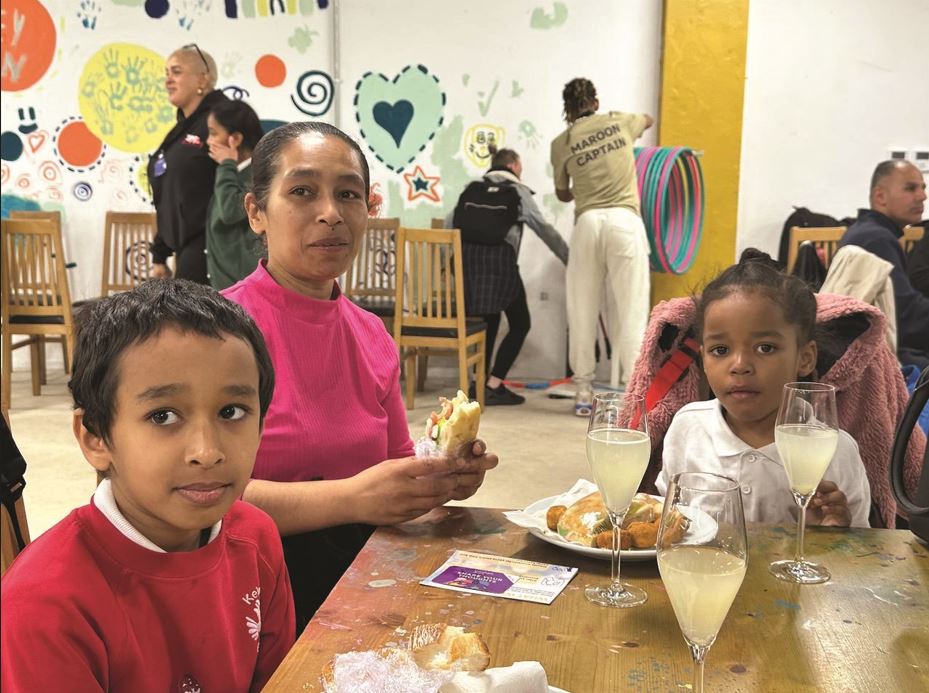
utilise dead spaces
London Sport says more spaces like CommUNITY Space in Lewisham are needed across London, particularly in light of its latest cost-of-living report, which shows that two thirds of Londoners have changed their activity behaviours due to the cost-of-living crisis, and one in five have increased their use of free activities. “We need to work closely with councils and the private sector to increase investment in this area and open up more opportunities for accessible sport and physical activity,” says Donkin. A report from Green MP Sian Berry found that there are 442 council-owned sites which are currently out of their normal use. These ‘dead spaces’ include industrial units, retail units and offices. “We need to think innovatively about how these can best serve the community. It’s also vital that we work with the target audiences to ensure that the space and the activity serves their specific needs – it’s not enough to just create a space and hope they enjoy sessions. That’s why we conducted research and consulted local residents to ensure we provided activities that they wanted and needed.” London Sport is working to encourage local councils and other owners of dead spaces to utilise these spaces to help more people take part in sport and physical activity.